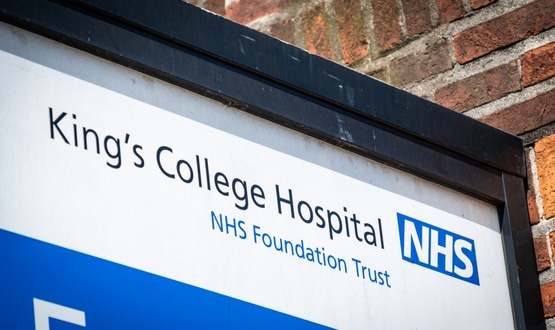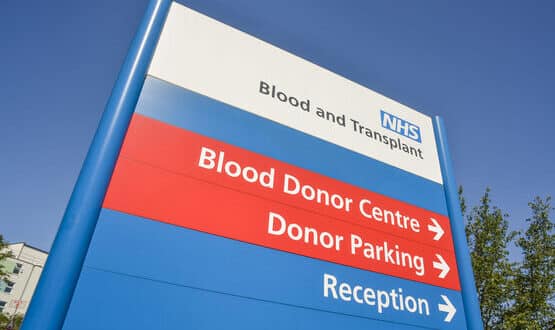PCTs Told to Freeze IT Procurement Plans
- 4 April 2002
Primary Care Trusts have been told to put their plans for integrated primary and community electronic patient records on hold while new national plans for IM&T strategy are drawn up.
A new wave of Primary Care Trusts and strategic health authorities was created on 1 April, when health authorities were abolished replaced by 302 Primary Care Trusts and 28 new strategic health authorities went live.
Health Secretary Alan Milburn hailed the change as a massive dose of devolution. "Half a century of centralised health care in our country is drawing to a close."
However, in information technology — an area that will be crucial to achieving improved health services — the DoH has decided to actually tighten its rein and increased central direction.
With national IT specifications and short lists of systems suppliers beginning to be drawn up PCTs have been strongly advised to freeze plans to procure replacement "legacy" IT systems. No indication has yet been provided about how long they should put key IT procurements on ice.
Two weeks ago at HC2002 Sir John Pattison, director of research, analysis and information at the DH, announced a new national programme for IM&T, based on developing national specifications for key systems and short-listing a small number of approved suppliers.
The four priority areas identified were national IT infrastructure, electronic records, electronic prescribing and booked admissions. Though the initial focus was systems on the acute sector it is now apparent this same approach will apply to primary and community care.
New advice issued by the Primary Care Information Modernisation Programme (PCIMP) Team on 28 March, announced that promised guidance on developing integrated primary and community care electronic patient records (EPR) — systems all PCTs must have in place by 2005 — will now be delayed to ensure it is consistent with the new national plans for NHS IM&T being developed.
"It is therefore clear that communities that have not yet begun the procurement of systems intended to provide platforms for integrated primary and community care patient records should wait until further guidance is available about this new national approach," states the update.
The only exceptions are to be where existing systems have failed or where legacy practice systems prevent the achievement of imminent national targets such as pathology results messaging.
Detailed functional guidance on integrated primary and community EPRs — systems that all PCTs are meant to have in place by 2005 — had originally been expected by 31 March. In a December paper ‘Information and Information Systems for Primary Care Organisations’, the PCIMP, which took over the work, said that a detailed definition of the target would be issued "during the first quarter of 2002".
To its credit the PCIMP update acknowledges the frustration the delay is likely to cause: "The delay will be frustrating to communities that are keen to make progress with the procurement and implementation of new systems and we are acutely aware that many PCTs are anxious to replace legacy systems".
One PCT IT manager told E-Health Insider though that the latest guidance would not halt local IT developments. "In West Dorset we think that its really important that we continue with plans to integrate community staff into primary care systems and will be continuing our plan to do this over the coming year," said Chris Bennett, head of IT for North and South and West Dorset PCTs.




